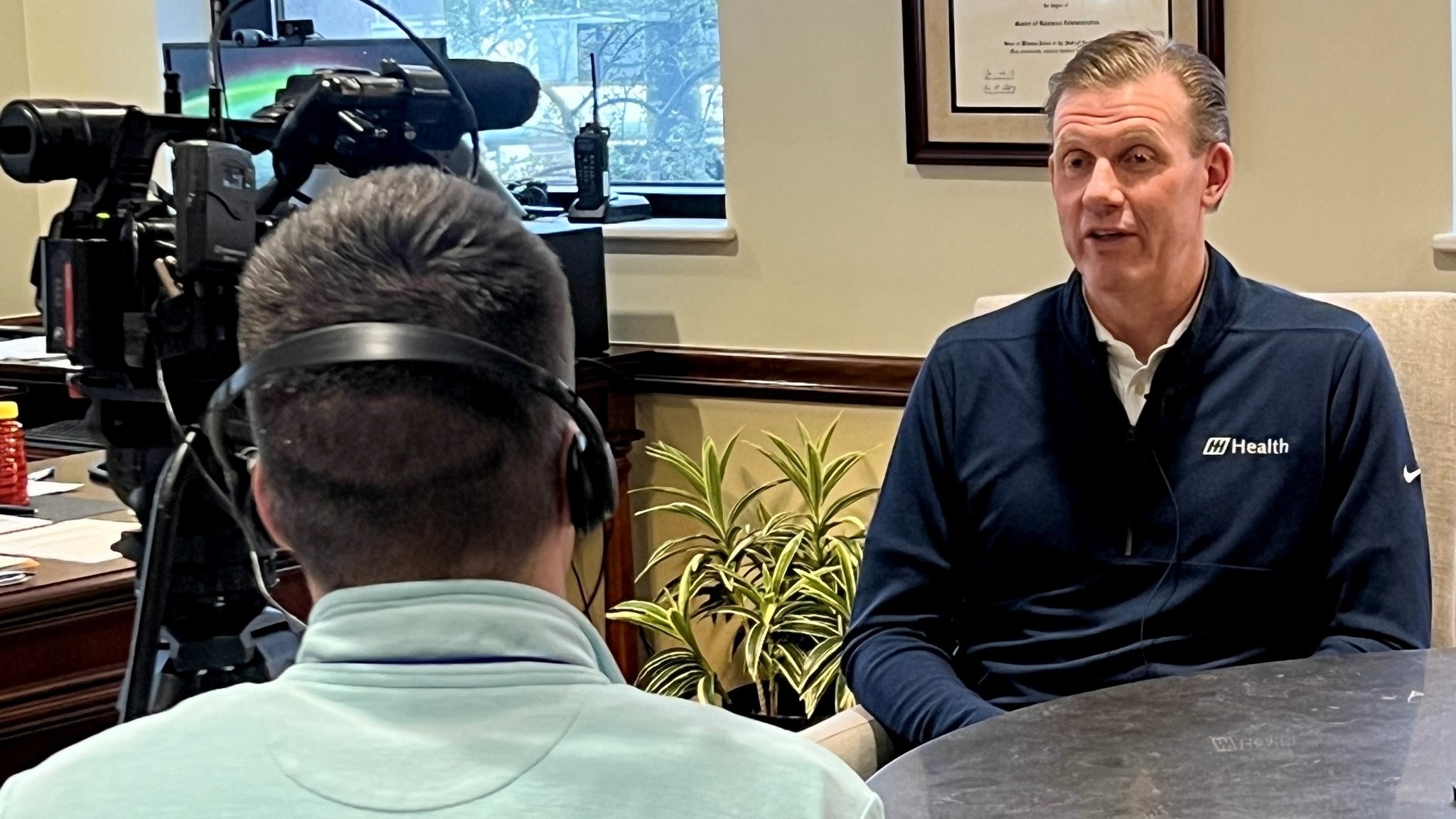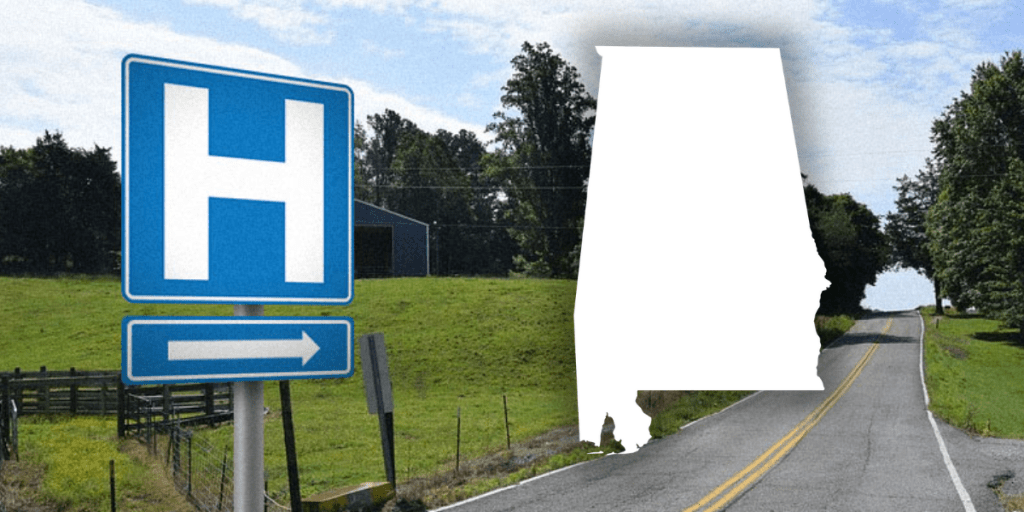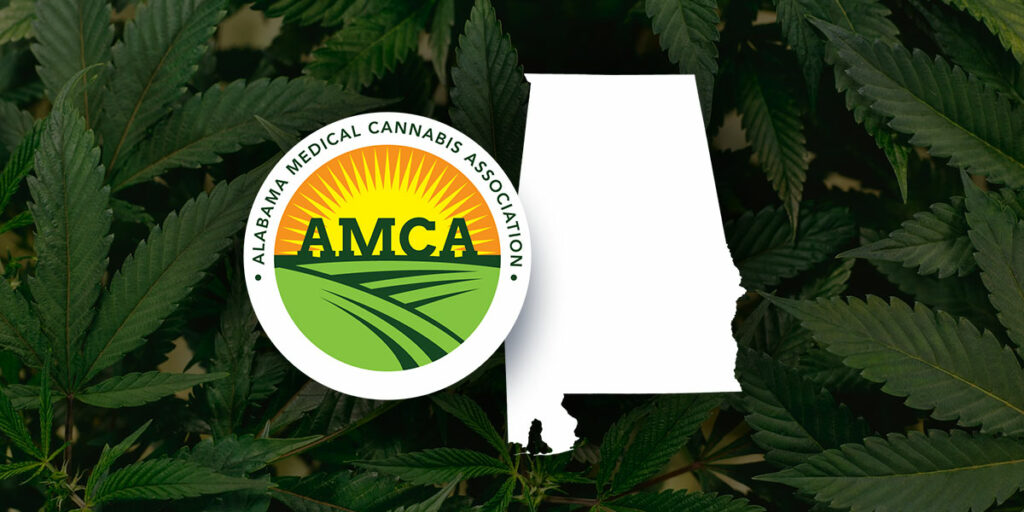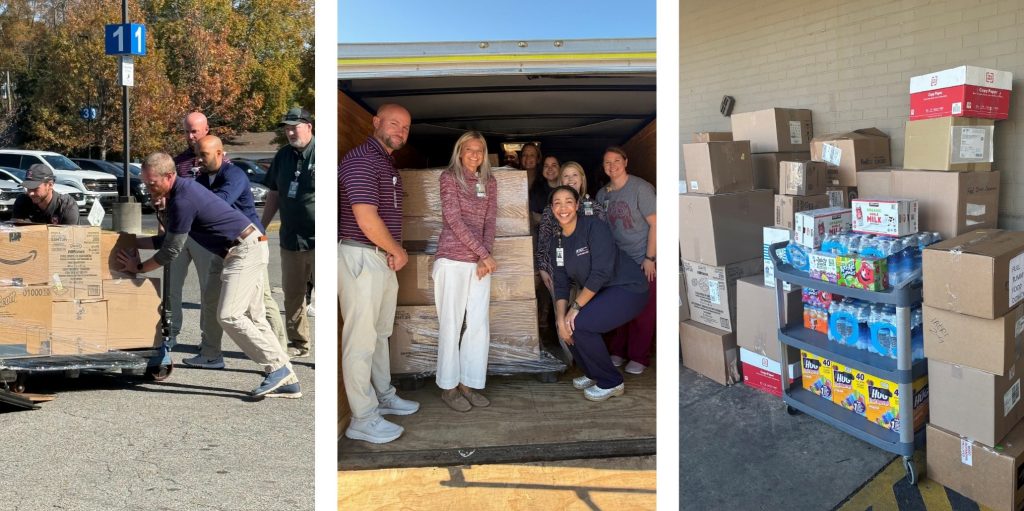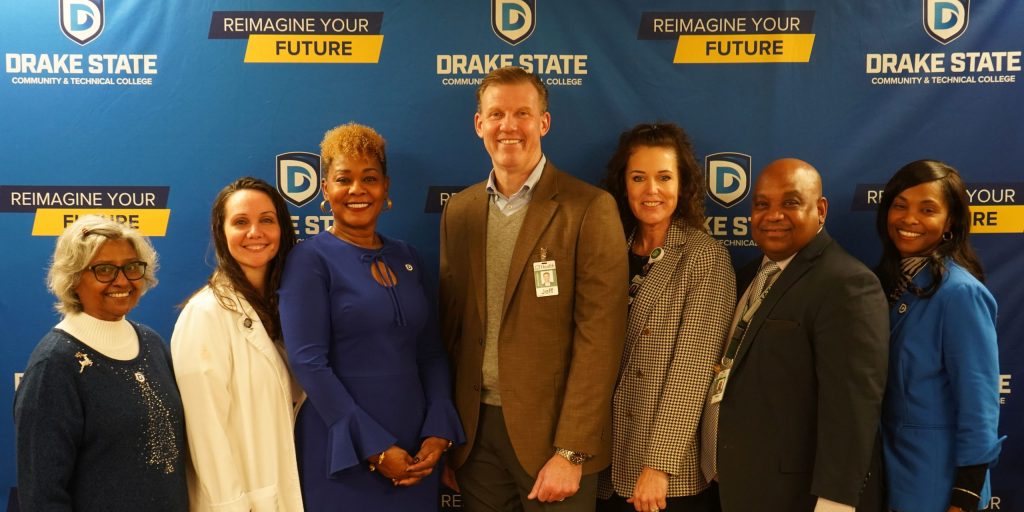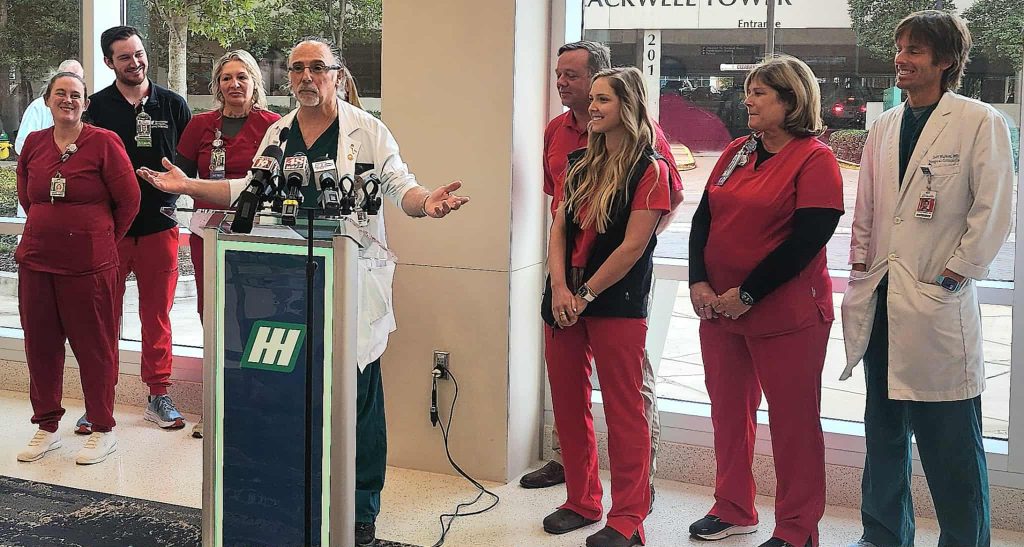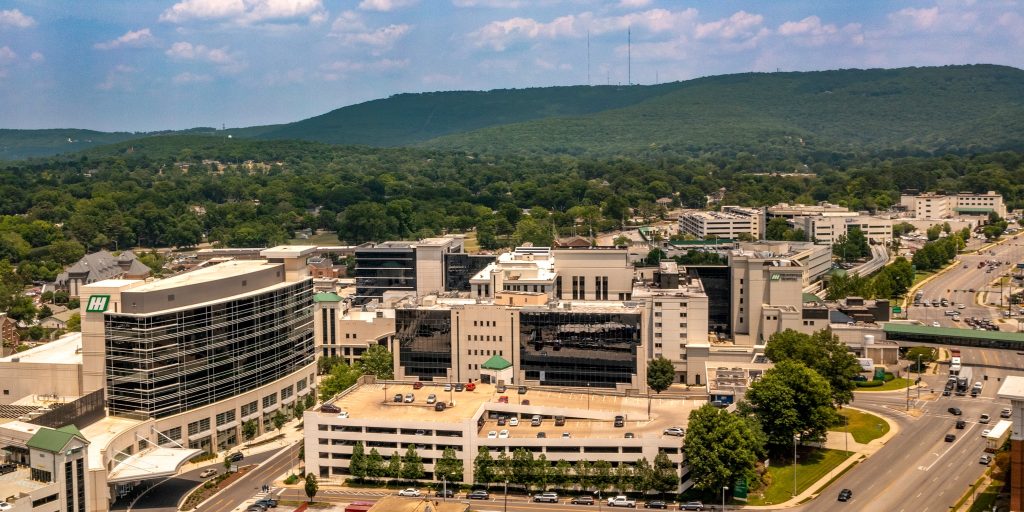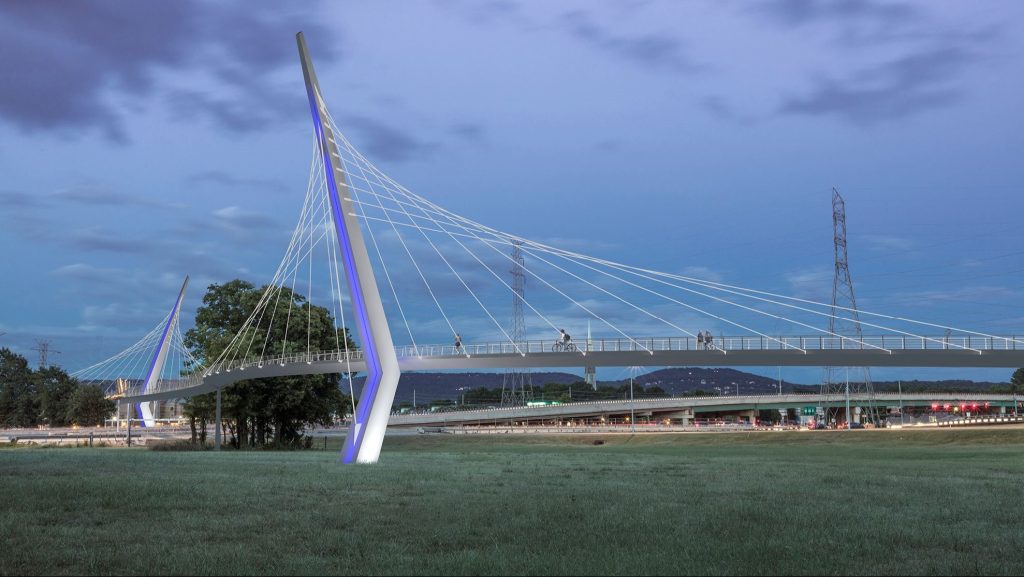HUNTSVILLE – It’s been more than a decade since a hospital closed for good in North Alabama, and the Huntsville Hospital Health System is a big reason why rural facilities haven’t shuttered despite economic uncertainty in the industry.

A big culprit threatening hospitals and clinics throughout the state is Medicaid, or lack thereof. Alabama Gov. Kay Ivey was among governors in 10 states who turned down an offer for federally funded Medicaid expansion.
There are a reported 300,000 Alabamians who fall into an insurance coverage gap – they earn too much to qualify for Medicaid, but make too little to afford private health care – which has helped create uncertainty at health facilities around the state.

In North Alabama, the HH Health System has ridden to the rescue to save hospitals from going under, most recently purchasing the Dekalb Regional Medical Center in Fort Payne. HH Health Systems has 13 hospitals under its umbrella, all located in North Alabama.
“We’re pretty proud of what we’ve done to try to keep North Alabama hospitals open and viable,” said Jeff Samz, Huntsville Hospital CEO. “I think the last one that closed was Hartselle. But gosh, like it was 12 or 13 years ago and it was closed by a company called Capella.”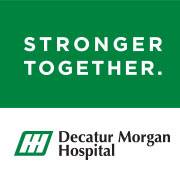
Hartselle Medical Center closed in 2012. Another area hospital, North Alabama Regional Hospital and the area’s lone state-funded mental care facility, closed in 2015 but Huntsville Hospital took ownership and reopened it as Decatur Morgan Hospital.
HH Health System owns hospitals outside of the Huntsville metro area in Athens, Decatur, Boaz, Guntersville, Moulton, Red Bay, Sheffield, Fort Payne and Scottsboro as well as Fayetteville, Tenn.
“We can’t take care of everybody at Huntsville Hospital, and you can say the same thing about Birmingham and Montgomery and elsewhere,” Samz said. “We need strong big hospitals and strong rural hospitals.”

Despite polling that has shown up to 70% of Alabamians favor Medicaid expansion, including 66% of Republicans, Ivey has staved off pressure on several fronts to accept the federal funding for insurance help.
With expansion thwarted in Montgomery, healthcare officials have devised an alternate plan.
“It would expand Medicaid for part of the population,” Samz said, “It’s basically a non-traditional path toward Medicaid expansion, one that we think better suits the state’s needs.”
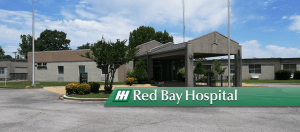 This plan wouldn’t require a legislative vote, but it does need support in the state capital to become a reality.
This plan wouldn’t require a legislative vote, but it does need support in the state capital to become a reality.
“The way this would work is that we would go to the federal government and tell them, ‘We don’t want to do traditional expansion. We want to do it this different way. So will you approve us doing this in a different manner?’” Samz said. “So that’s why I say it’s a non-traditional Medicaid expansion. It does involve putting more people on the Medicaid rolls, but it also involves using the insurance exchanges. Like if the federal government were to approve that, there’d be a lot of federal money coming into the state to help cover the cost.”
Last October, Forbes released its rankings of the best and worst states for healthcare. Alabama ranked second-worst among the 50 states, ahead of only Georgia.
Forbes findings for Alabama:
- Employers cover the lowest percentage of employees’ annual health insurance premiums on average (73.42% for employees with single coverage).
- Also ranked fourth worst in assessing healthcare outcomes.
- Second highest rate of stroke deaths (53.63 per 100,000 state residents) and influenza and pneumonia deaths (17.03 per 100,000 state residents).
- Fourth highest infant mortality rate (7.42 deaths per 1,000 live births).
- Seventh highest chronic lower respiratory disease mortality rate (53.13 deaths per 100,000 state residents).
- Third lowest number of physician assistants (1.36 per 10,000 state residents) and the eighth lowest number of primary care physicians (12.22 per 10,000 state residents).
In North Alabama, access to suitable healthcare would be further out of reach in rural areas without HH Health Systems providing Big Brother-style support across the region.
According to the Center for Healthcare Quality and Payment Reform, of 52 rural hospitals in the state 29 are at risk of closing and 19 are considered immediate risks.
The Alabama Legislature is currently in session, where Samz hopes proponents of the new, unique plan are heard.
“There’s a lot of support in the Legislature to help rural hospitals,” Samz said. “Legislators that I talked to all are looking for ways to help rural hospitals. One thing that we are somewhat optimistic about this time around is this coverage expansion plan – it’s a public/private partnership that the Alabama Hospital Association and Blue Cross/Blue Shield have developed together. We have a plan that we’ve worked up together that expands coverage.
“It’s non-traditional Medicaid expansion. It does it in a way that we believe is better suited to Alabama. It leaves about half of the typical population that would be covered on the insurance exchanges with commercial insurance and it opens up Medicaid to the other half. We think it’s better for citizens, better for providers and better for the state. We think it’s a really good plan. It’s different from what’s been done before. And the fact that you haven’t read a bunch of negatives about it, I take that as a very good sign.”


